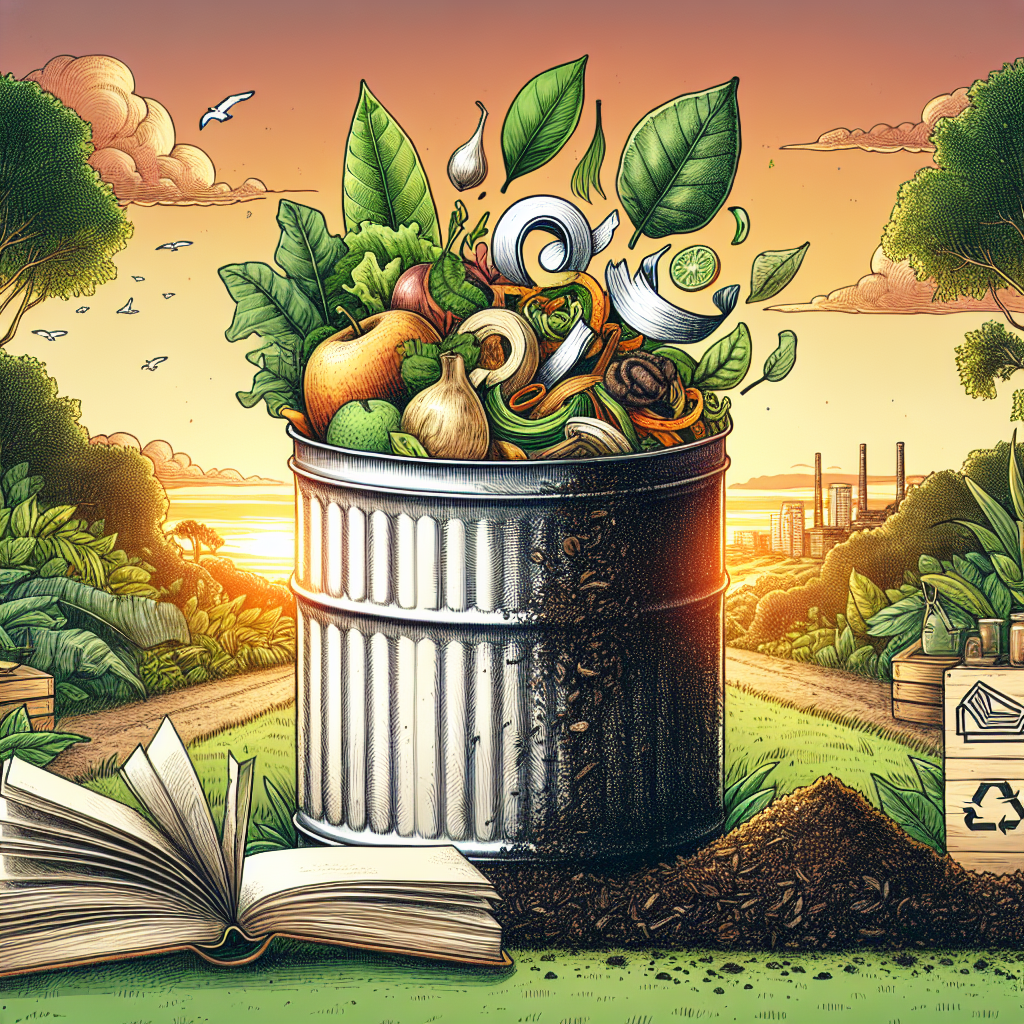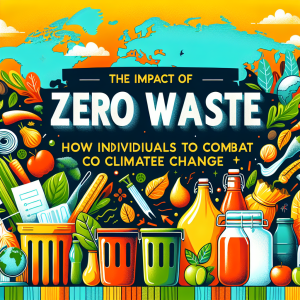1. What is Composting?
Composting is the natural process of recycling organic matter, such as food scraps and yard waste, into a valuable fertilizer for soil health. This process not only reduces waste but also enriches the soil, promotes plant growth, and decreases the need for chemical fertilizers.
2. The Importance of Zero Waste
Zero waste is an ideology aimed at eliminating waste in a sustainable way. It focuses on redesigning life cycles to ensure that all products are reused, recycled, or composted. Achieving zero waste is crucial for:
-
- Reducing landfill waste
-
- Conserving natural resources
-
- Mitigating climate change
-
- Protecting ecosystems
3. How Composting Supports Zero Waste Goals
Composting significantly contributes to the zero waste movement by:
-
- Reducing Landfill Waste: Composting diverts organic waste from landfills, where it would otherwise decompose anaerobically, producing methane—a potent greenhouse gas.
-
- Enhancing Soil Health: The compost produced is rich in nutrients, helping to restore degraded soils and improve plant growth without harmful chemicals.
-
- Encouraging Community Engagement: Community composting programs foster awareness and provide practical solutions for waste reduction.
4. Types of Composting
There are several methods of composting, each suitable for different contexts:
-
- Backyard Composting: Ideal for homes with outdoor space. This method allows for a hands-on approach to composting kitchen scraps and yard waste.
-
- Vermicomposting: Utilizing worms to break down organic waste, making it a great option for apartments or limited space.
-
- Community Composting: Local initiatives that gather organic waste from multiple households and manage large-scale composting efforts.
-
- Municipal Composting: City-sponsored programs that provide large-scale composting services to residents, often including curbside pickup.
5. Getting Started with Composting
Starting your composting journey is simpler than you think. Follow these steps:
-
- Choose a Composting Method: Select the method that suits your space, needs, and lifestyle.
-
- Gather Your Materials: Collect kitchen scraps (vegetable peels, fruit cores) and yard waste (leaves, grass clippings).
-
- Maintain the Compost: Regularly turn the compost to aerate it and monitor moisture levels.
-
- Harvest Your Compost: Once the compost is dark and crumbly, it’s ready to enrich your garden!




